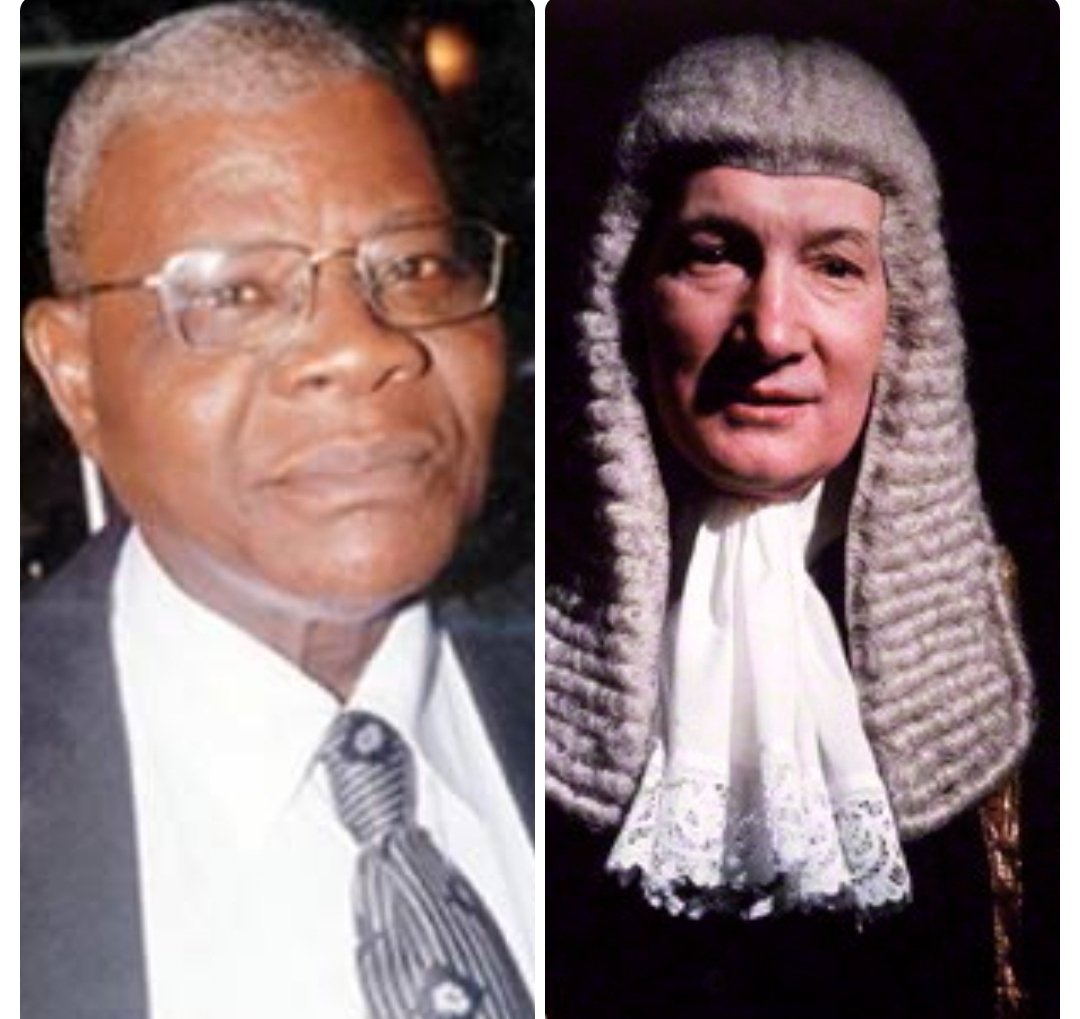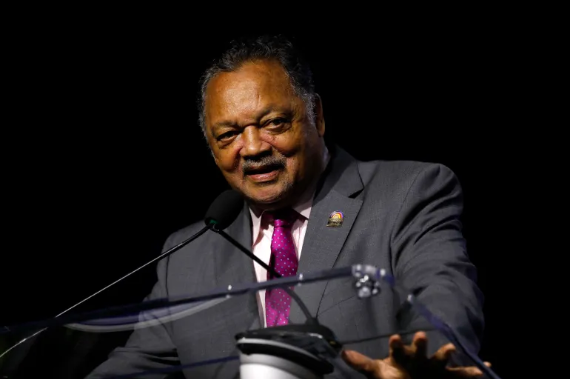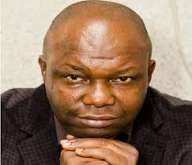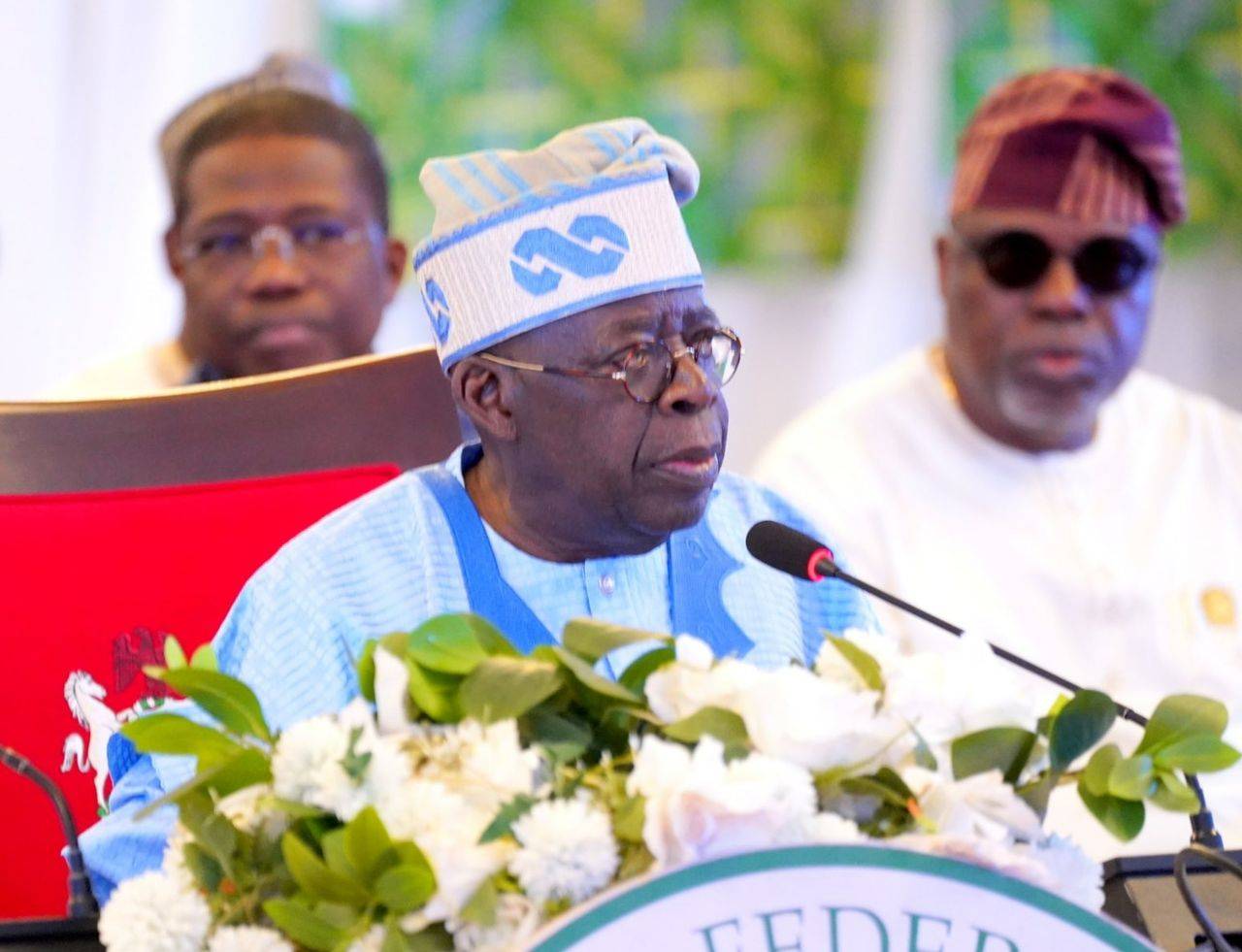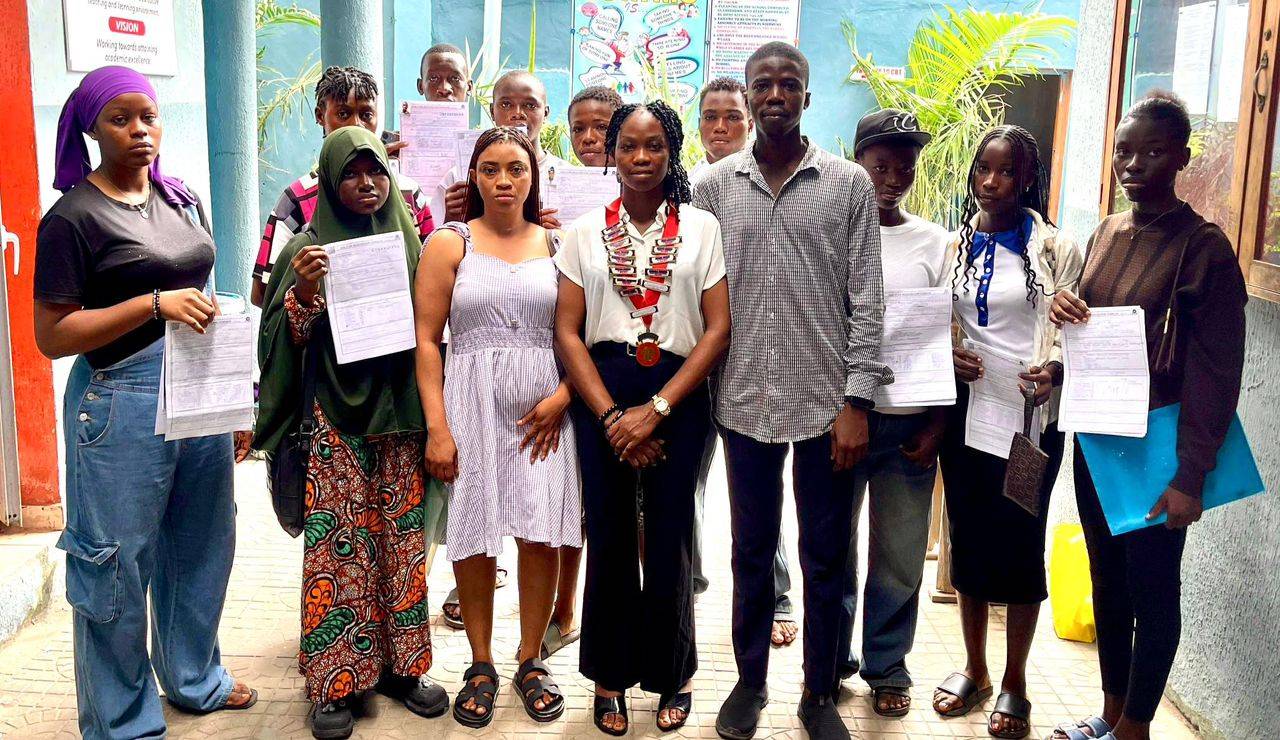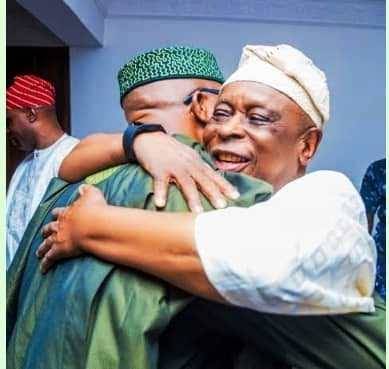By Rabiu Gama
From the surface, Lord Denning, MR, “the people’s judge”, and Hon. Justice Niki Tobi, JSC, “the erudite scholar-justice”, might appear as different as apples and oranges. I will explain. For a start, Lord Denning is a Briton whereas Niki Tobi is a Nigerian.
Lord Denning came to this world 41 years before Niki Tobi did; he also left the world 17 years before Niki Tobi did. So, the two were hardly contemporaries. Tobi was, relatively, from a humble background, while Denning grew up in a privileged environment.
Lord Denning was a Protestant (thanks to the English Reformation of the 16th Century), Tobi was not; he was said to be a devout Catholic. That is not all. Niki Tobi was 76 when he died, but Lord Denning was much older than that. Denning lived longer; he died at the rare age of a hundred.
Therefore, on this basis, the two late Law Lords were like a day and a night; they were clearly worlds apart. Whether these differences had any impact on their perspectives on the law is, I am afraid, beyond the scope of this article.
Let us now look at them from another angle. And it is here that the similarities between the two late Law Lords become glaringly obvious. Both of them were human beings. Both of them were men. Both of them were teachers sometimes in their lives. Both of them were lawyers.
In addition, and more importantly, both of them served as judges and made tremendous contributions to their respective legal systems. Both of them are now dead. The two Law Lords might have been separated by fate and the Mediterranean Sea, but the law has indeed brought them together in some mysterious ways. For example, they set out their judgments in the same style.
If you were to immerse yourself in a judgment written by Tobi, JSC, and then delve into one delivered by Denning, MR, you would probably think the two judgments were a product of the same mind. The resemblance is striking. Not only that their style of writing judgment is similar, but also the way they use punctuation marks is unbelievably the same. Reading Lord Denning’s or Niki Tobi’s judgment feels like reading a very interesting novel that has a simple diction and an incredibly moving plot. Their elegant and colorful judicial prose sometimes reminds one of Chinua Achebe’s “Things Fall Apart”.
The two Law Lords interpret the law in a story-telling manner. They open their judgments in the same style. Here are a couple of examples:
“The facts of this case are bizarre, uncouth, life threatening and outrageous, in the sense that it is widely and wildly unexpected and unusual. They show to what extent human beings go for money and the way humanity adores and worships money….It is a case of a human being, not just a human being; a Pastor, a man of God, so to say, swallowing 118 wraps or pieces of heroine and excreting same in a toilet at the Nnamdi Azikiwe International Airport, Abuja…”
That was Tobi, JSC, opening a lead judgment he delivered in the case of Omoju v FRN. Let’s hear Denning, MR, opening a judgment he delivered in the case of Eves v Eves
“I will call her Janet because she has had four surnames already. She was married for the first time at the age of 18; but that marriage only lasted about a year. Next at the age of 19 she met a man, Stuart Eves. He was a married man. They could not marry. So, they started living together. She took his name and had two children by him. After 4 [and] 1/2 years that relationship broke down. Now both have got divorces from their former spouses and have remarried. The question arises now as to the house where they lived”.
The similarity is not limited to how they open their judgments; it goes further than that: they also interpret the law, no matter how technical it is, in the same style of simple and easily accessible language. They speak, in their judgments, not only to lawyers and judges but also to the layman who has almost zero idea about the complexities of legal theories. Let’s have a couple of random examples below:
“The doctrine laid down in Salomon v. Salomon has to be watched very carefully. It has often been supposed to cast a veil over the personality of a limited company through which the courts cannot see. But that is not true. The courts can, and often do, draw aside the veil. They can, and often do, pull off the mask. They look to see what really lies behind. The legislature has shown the way….And the courts should follow suit”.
That was Denning, MR, in the case of Littlewoods Mail Order Stores Ltd v IRC explaining the essence of lifting the veil of incorporation. Now, here is Tobi, JSC, explaining the relationship between a company and its director in the case of Okolo & Anor v. Union Bank of Nigeria ltd.
“…a director of a company is, in the eyes of the law, an agent of the company for which he acts and the general principle of the law of principal and agent would apply. Thus, where a director enters into a contract in the name of or purporting to bind the company…the company, the principal…is liable on it…”
Another similarity that is so unmistakable about these two late Law Lords is how they dissent. Whenever they dissent they seem to forcefully carry you along with them. Their dissenting views are usually appealing and hardly resistible. Take, for example, Dening’s dissenting judgment in Candler v. Crane, Christmas & Co. Take also Tobi’s dissenting judgment in the case of Akaninwo v. Nsirim.
There lived two Law Lords who are known for their lucid and accessible writing style. Their judgments are very easy to understand. They were blessed with the ability to apply the law to real life situations. Both Denning and Tobi were not excessively concerned with following stringent legal rules in their judgments. Denning and Tobi were, without a doubt, gifted writers who could hold their readers “captive” from the very first paragraph of their judgments to the very last. Both of them were bold. Both of them were fearless: they were never afraid of challenging the status quo of the law. A little wonder why their judgments are always a special joy to read.
——Gama, a Law student writes from Faculty of Law, Bayero University, Kano (BUK). rabiuinuwagama@gmail.com


